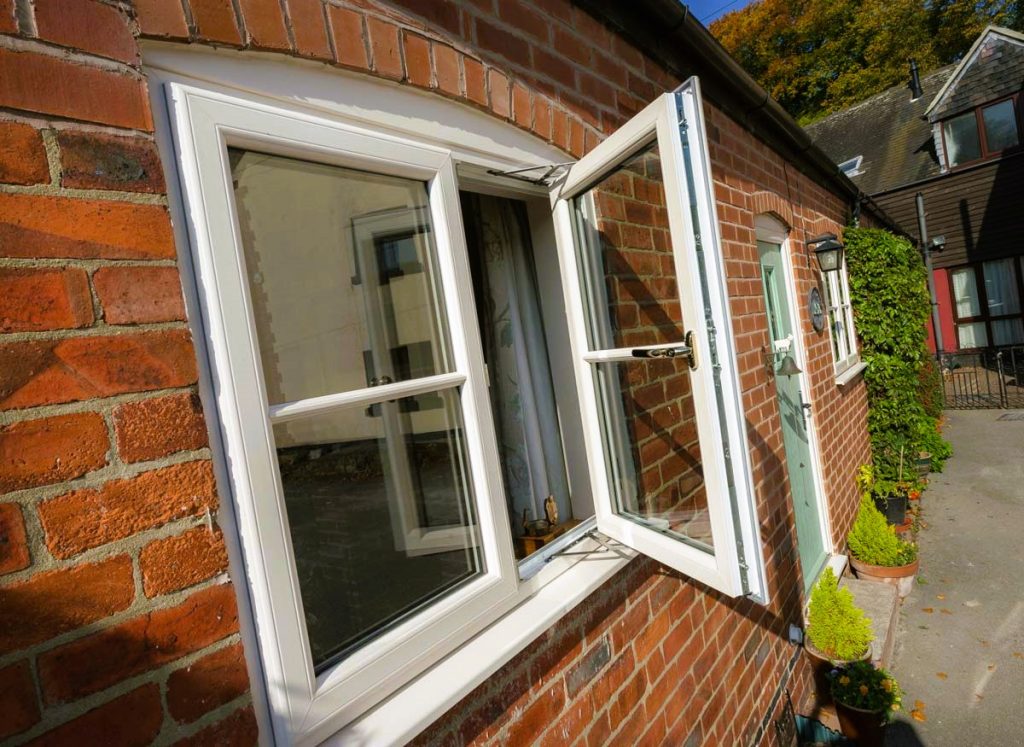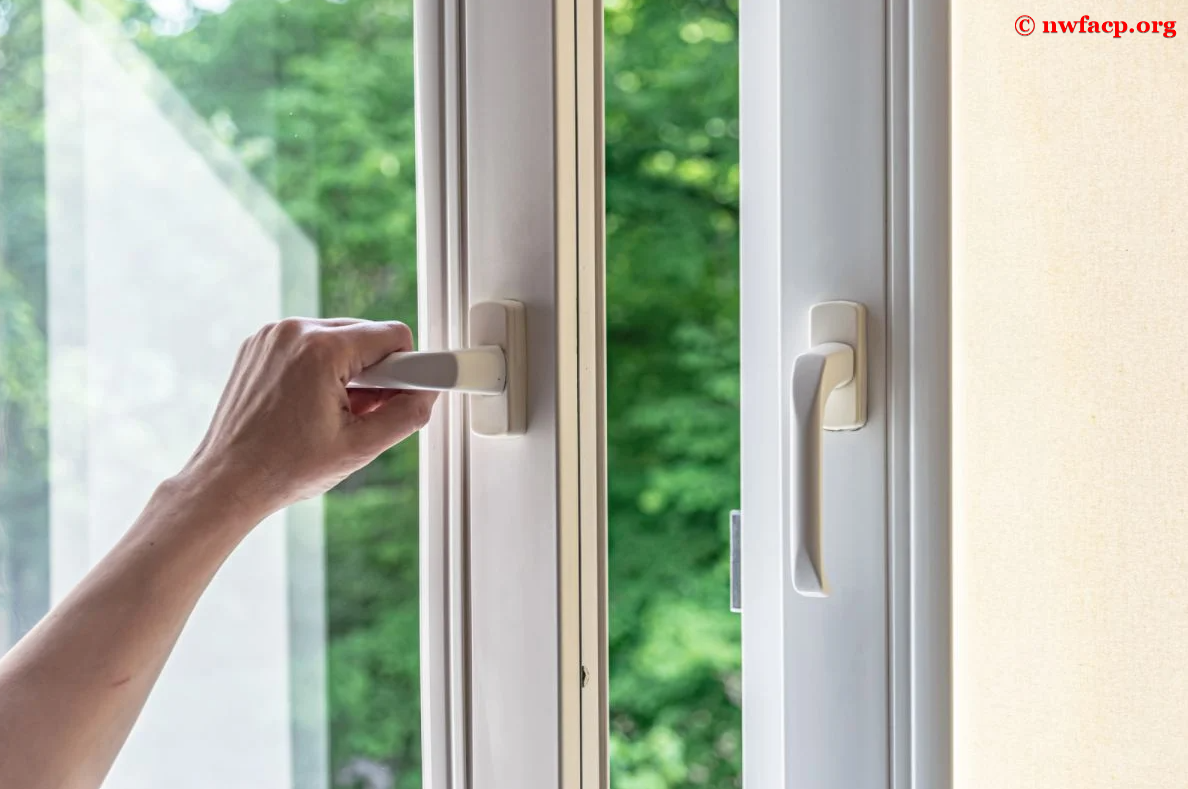Plastic windows have become a popular choice for homeowners due to their durability, energy efficiency, and low maintenance requirements. However, concerns have been raised about the environmental impact of plastic windows, including their production, disposal, and potential for pollution. In this article, we’ll explore the environmental impact of plastic windows and how safe they are for the environment.
Production of Plastic Windows
The production of plastic windows involves the use of non-renewable resources, such as oil and natural gas, which can have a negative impact on the environment. In addition, the production process can result in the release of greenhouse gases and other pollutants.
However, many manufacturers have taken steps to reduce the environmental impact of plastic window production. This includes using recycled materials in the production process, reducing energy consumption, and implementing sustainable manufacturing practices.
Disposal of Plastic Windows
The disposal of plastic windows can also have an impact on the environment. When plastic windows are disposed of in landfills, they can take hundreds of years to decompose, releasing harmful chemicals into the soil and water.

However, plastic windows can also be recycled, reducing their impact on the environment. Many manufacturers offer recycling programs for plastic windows, which allow them to be broken down and reused in the production of new windows or other products.
Environmental Benefits of Plastic Windows
Despite the environmental concerns surrounding plastic windows, they offer a range of environmental benefits. One of the main benefits is their energy efficiency, which can reduce energy consumption and greenhouse gas emissions. Plastic windows are highly insulating, which can reduce heating and cooling costs and improve energy efficiency in the home. Learn more about the differences and features of window profiles
In addition, many plastic windows are made with recycled materials, reducing the need for new resources and helping to conserve natural resources. They are also highly durable and long-lasting, which can reduce the need for frequent replacements and conserve resources.
How to Choose Environmentally-Friendly Plastic Windows
If you’re concerned about the environmental impact of plastic windows, there are several steps you can take to choose more environmentally-friendly options.
- Look for windows made with recycled materials. Many manufacturers offer windows made with recycled PVC, which can help to conserve natural resources.
- Choose windows with high energy efficiency ratings. Look for windows with ENERGY STAR certification, which indicates that they meet strict energy efficiency standards.
- Opt for windows with low-emissivity coatings. These coatings reflect heat back into the room, reducing the need for heating and improving energy efficiency.
- Consider the lifespan of the windows. Choose windows that are durable and long-lasting, reducing the need for frequent replacements.
In conclusion, plastic windows can have an impact on the environment, but many manufacturers have taken steps to reduce their environmental impact. By choosing environmentally-friendly plastic windows and properly disposing of old windows, homeowners can enjoy the benefits of plastic windows while minimizing their impact on the environment.
It’s also important to properly maintain and care for plastic windows to ensure their longevity and reduce their impact on the environment. This includes regular cleaning with non-toxic cleaners and avoiding harsh chemicals that can damage the windows or harm the environment.

Another factor to consider is the installation of the windows. Poorly installed windows can result in air leaks and drafts, reducing their energy efficiency and increasing their impact on the environment. It’s important to work with a professional installer who has experience installing plastic windows and can ensure that they are properly sealed and secured.
In addition to choosing environmentally-friendly plastic windows, homeowners can also take other steps to reduce their impact on the environment. This includes reducing energy consumption through the use of energy-efficient appliances, lighting, and heating and cooling systems, as well as reducing waste through recycling and composting.
In conclusion, plastic windows can be a safe and environmentally-friendly choice for homeowners when properly produced, disposed of, and maintained. By choosing high-quality, energy-efficient, and durable plastic windows and properly disposing of old windows, homeowners can enjoy the benefits of improved energy efficiency and comfort while minimizing their impact on the environment.

